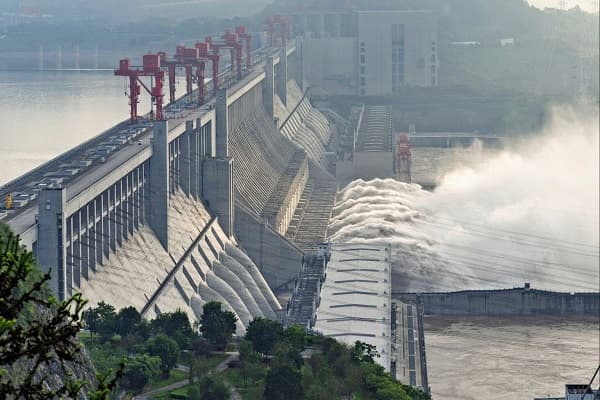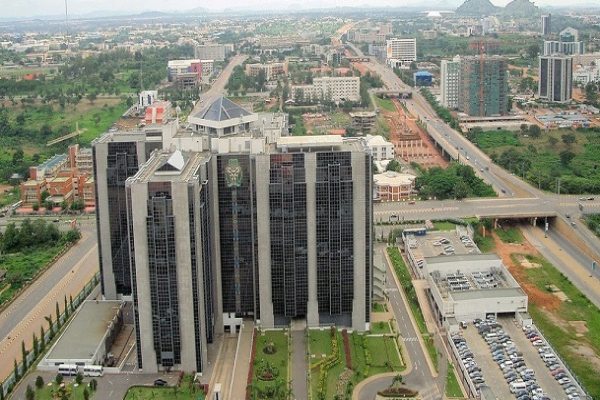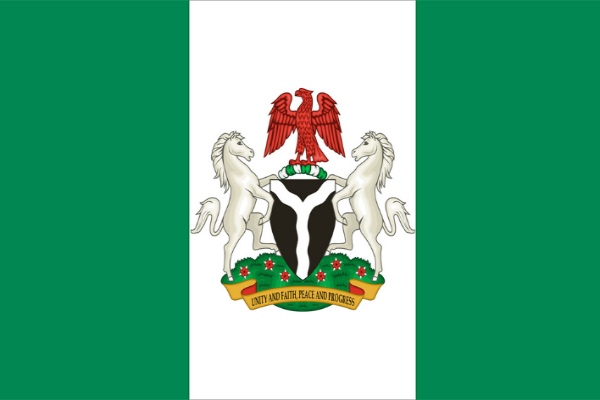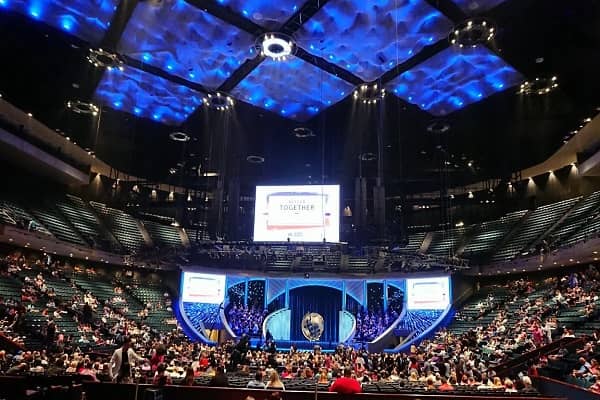Federal Fire Service Salary Structure in Nigeria 2024 [Updated]
This article examines the Federal Fire Service Salary Structure in Nigeria for the year in order to determine how much firefighters employed by the federal government receive in monthly take-home pay. If working for this federal parastatal is a desire of yours, this material will be of interest to you.
FEDERAL FIRE SERVICE: COMPANY OVERVIEW
The Federal Fire Service (FFS) is Nigeria’s primary firefighting agency, established by an Act of Parliament and charged with the sole responsibility of mitigating, preventing, and extinguishing fires and other emergencies, as well as performing other duties as delegated by the Honorable Minister of Interior.
The Nigerian Fire Service dates back to 1901 when it was founded as an auxiliary of the Lagos Police Fire Brigade. The Federal Fire Service was formed by an act of Parliament in April 1963. Rescue fire prevention, mitigation, and suppression, as well as paramedical and information services, are the responsibility of this federal government agency.
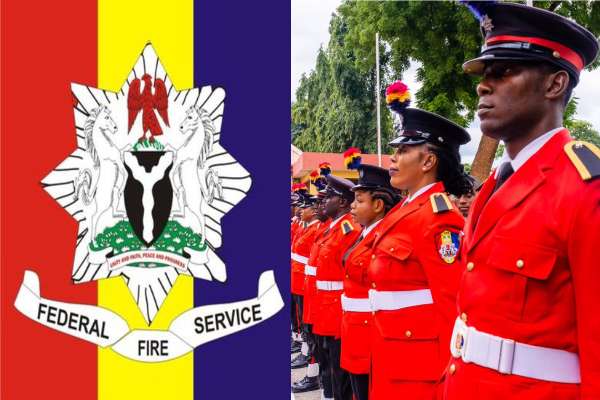
The Federal Fire Service’s mandate and functions were revised by the federal government in 2007, and now include:
- State and private firefighting services are regulated.
- Standards for the promotion of fire education/enlightenment are prescribed and monitored.
- Prevention, safety, mitigation, and investigation are all important aspects of firefighting.
- Assuring the State Fire Services’ tasks are carried out effectively.
- Policies for the fire service are provided.
- Ensure that all fire and rescue equipment made or imported into Nigeria is of the same standard.
- Encourage the construction of fire stations around the country.
- In public buildings, a fire risk assessment is performed.
- Regulations governing fire safety in public buildings are strictly enforced.
- Construction work is inspected to verify that safety designs are followed.
- Campaigns to raise knowledge about fire safety.
- The National Fire Academy helps to improve capacity and develop manpower in the country’s fire service (NFA).
- Creating fire reports.
- Fire certifications are given out.
- Private firefighting companies are governed and registered.
THE FEDERAL FIRE SERVICE DEPARTMENTS
The Federal Fire Service is divided into many departments, each with its own set of responsibilities:
SUPPLY AS WELL AS ADMINISTRATION
- Appointments are overseen, as well as the well-being of the employees.
- In charge of general admin and supervising numerous commands.
ENFORCEMENT, INVESTIGATION, AND INSPECTORATE (IIE)
- Inspects and certifies that public buildings are fire-safe.
MANAGEMENT OF DISASTERS
- Investigates the origins of flames and associated dangers.
STATISTICS, POLICY, PLANNING, AND RESEARCH (PPRS).
- Making policy.
- For planning and study, collects and compiles fire statistics.
- Information, communication, and technology are under his control.
OPERATIONS
- Firefighting
- The topography of assigned regions and jurisdiction is carried out.
- It has an impact on rescues.
ACADEMY OF THE NATIONAL FIRE SERVICE (NFA)
- Within the country and the African sub-region, it meets the training needs of firefighters.
- Develops and implements fire safety education in schools and the academy.
IN NIGERIA, COMMANDS OF THE FEDERAL FIRE SERVICE
The following are the several Zonal Commands of the Nigerian Federal Fire Service:
- Benue (HQ), Nasarawa, and Plateau are in Zone A.
- Kano (HQ), Katsina, Jigawa, and Kaduna are in Zone B.
- Bauchi (HQ), Yobe, and Borno make up Zone C.
- Zone E includes the states of Akwa Ibom (headquarters), Cross Rivers, and Rivers.
- Lagos, Ogun, and Oyo are in Zone F.
- Niger, Kogi, and Kwara are in Zone G.
- Sokoto, Zamfara, and Kebbi are in Zone H.
- Adamawa, Taraba, and Gombe are in Zone I.
- Imo and Abia are in Zone J.
SALARY STRUCTURE OF THE FEDERAL FIRE SERVICE IN NIGERIA
The compensation structure for officers in the Nigerian Federal Fire Service is based on their ranks, from highest to lowest, and is in compliance with the Consolidated Paramilitary Salary Structure (CONPASS).
The following is a list of the various annual salaries of chosen officials in the Nigerian Federal Fire Service, from highest to lowest:
- Chief Inspector (CI) – annual salary of N1,405,449
- Deputy Chief Inspector (DCI) – annual salary of N1,325,234
- Assistant Chief Inspector (ACI) – annual salary of N1,252,038.
- The annual salary for a Principal Marshal Inspector (PMI) is N1143,539 Naira.
- SMI (Senior Marshal Inspector) – N1,058,416 annually.
- 777,876 per year for Marshal Inspector I (MI-I).
- MI-II (Marshal Inspector II) – N548,387 per year
- MI-III (Marshal Inspector III) – N393,442 per year
- 966,761 per year for Chief Fire Marshal Assistant (CFMA).
- 539,048 a year as a Deputy Fire Marshal Assistant (DFMA).
- 387,428 a year as a Senior Fire Marshal Assistant (SFMA).
- FMA I (Fire Marshal Assistant I) – N349,589 per year
- FMA II (Fire Marshal Assistant II) – N319,741 per year
- FMA III (Fire Marshal Assistant III) – 305,576 per year
Please be aware that NaijaXtreme is not associated with the Federal Fire Service and does not recruit on their behalf. This material is provided solely for educational purposes; any recruitment information should be found on the company’s official website.
Read Also: INEC Salary Structure – Current INEC Staff Salary
CONCLUSION
There you have the information you need to know about the salary structure of the Federal Fire Service and the information you need to know.


